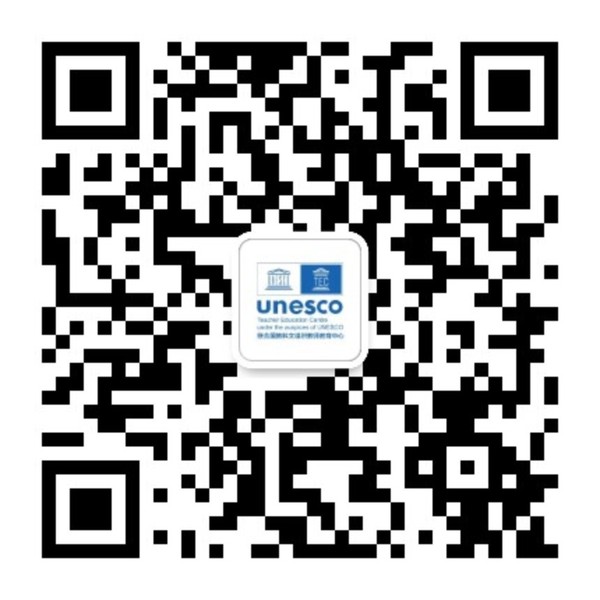Source:
International and Comparative Education No. 7. 2023
Author:
DING Xiaojiong
Abstract: Since 1991, the European Union has published 24 educational policies concerning new technologies. The policies discuss eight themes. The frequency or meaning of some (sub-) themes has not significantly changed. They reflect problems that have remained unresolved or requirements that have kept intact. Other (sub-) themes represent significant changes following the EU's strategic positioning in the global digital competition. In order to become the third pole in parallel with China and the United States, the EU has put forward concepts such as digital sovereignty to defend Europe's ability to act independently in the digital world. The EU believes that China's development of digital technology is characterized by the government's deep involvement in data space, and the US is characterized by transferring the management of data space to corporations. The EU's competitive advantage is to highlight European values which pursue social equity and protect individual's rights in the digital world. Therefore, the EU pays close attention to increasingly diverse digital divides and emphasizes individual security and right to decision-making in the digital world, which to some extent revise the EU's definition of digital capabilities.




